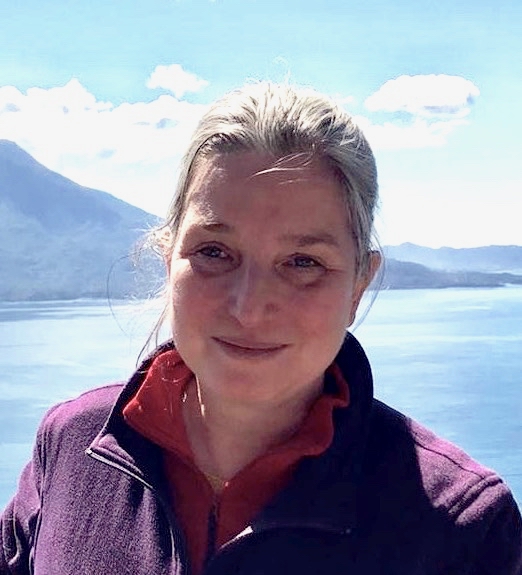Who We Are
Uldis BalodisPresident
Dr. Balodis has documented and analyzed threatened languages and those with no speakers in both Northern Europe and the Southwestern United States. In his undergraduate studies he focused on the native languages of Arizona, working with speakers of the Uto-Aztecan Tohono O’odham language along with studying other languages of the state. Over the course of his life he has worked on an ongoing basis on Livonian, an extremely endangered Finnic language native to Latvia. Dr. Balodis wrote the first grammar of Yuki, an indigenous language of California, for his dissertation. He recently finished postdoctoral research in Finland, where he documented the linguistic and cultural knowledge of the Finnic Lutsi community of southeastern Latvia. More information on Dr. Balodis’s present work with the Lutsi community can be found at his project website. Dr. Balodis also works as a literary translator, with work appearing in print in 2018; he also participated as a translator on the first Livonian-English bilingual poetry anthology, Trillium, published in 2018 to coincide with the centennial of Latvia’s independence. His ongoing projects include translations of several well-known Latvian novels and short stories, all funded by grants from the Latvian Writers Union. Visit his professional website for more information. |
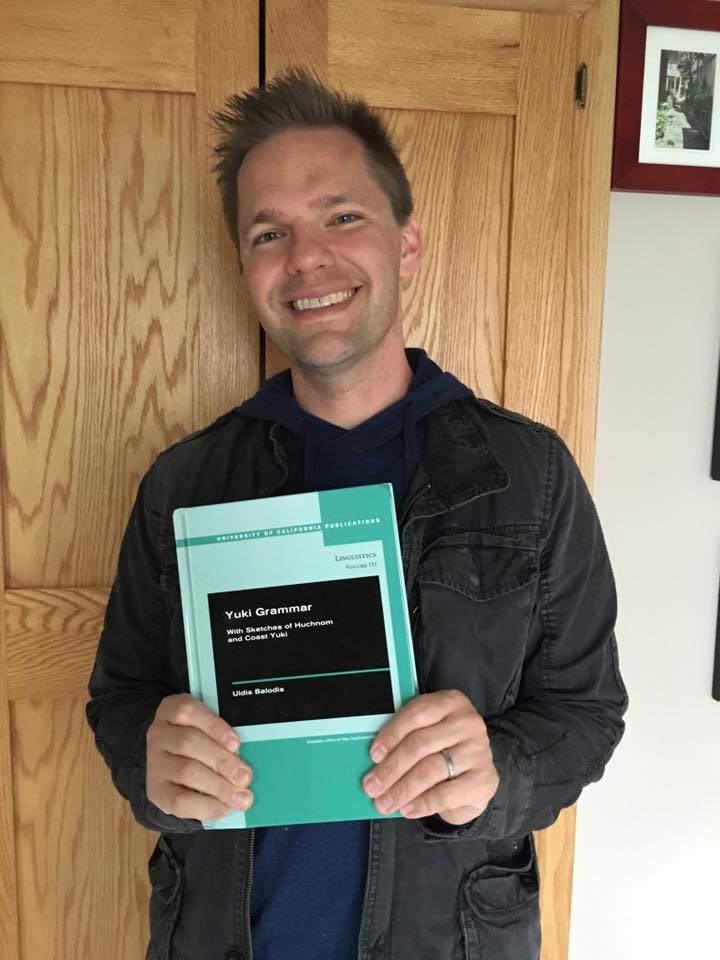 |
Neil Alexander WalkerVice President
Dr. Walker served as WIELD’s first Board President and was among the original founders of the organization. His interests include writing systems, phonetics, historical linguistics, switch-reference systems, and lexicography. His undergraduate and graduate work in linguistics focused on the documentation of Southern Pomo, the recently extinct language native to the greater Santa Rosa area of California. Dr. Walker’s dissertation was the first descriptive grammar of the language, and he taught Southern Pomo for the Dry Creek Rancheria Band of Pomo Indians from 2011-2014. His updated grammar of Southern Pomo has been published recently and can be found here. In addition to ongoing work with Southern Pomo, Dr. Walker works on Northeastern Pomo, a related language with no living speakers. Dr. Walker is currently a Research Fellow at the Language and Culture Research Centre in the Cairns Institute of James Cook University, Australia, where his research is centered on Panim, an endangered Papuan language of Madang Province, Papua New Guinea. |
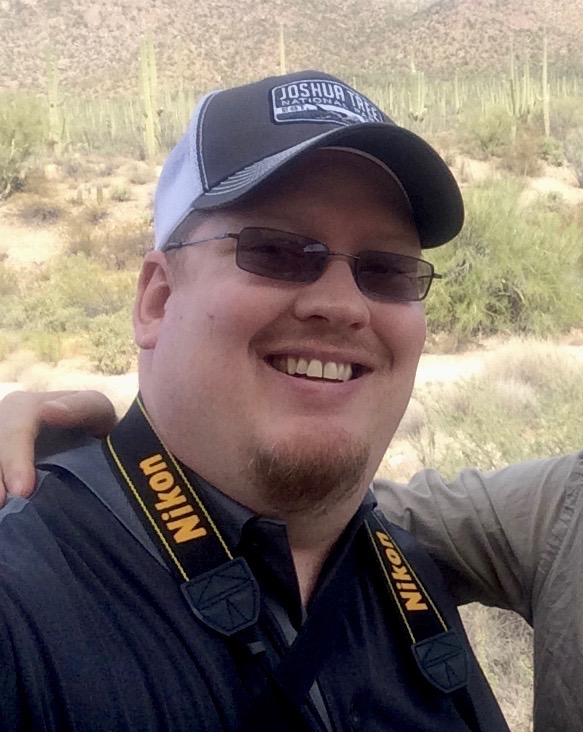 |
Timothy Henry-RodriguezTreasurer
Dr. Henry-Rodriguez specializes in Chumashan languages, Mongolic-Turkic languages, Old English, and English dialects. He is also interested in the fields of morphosyntax, morphophonology, historical semantics, and second language learning. Along with his PhD, he also earned an emphasis in applied linguistics, which helped inform his dissertation, the first of its kind, a fusion of theoretical and pedagogical materials for an indigenous language of California: Ventureño Chumash. He currently teaches at California State University, Fullerton. |
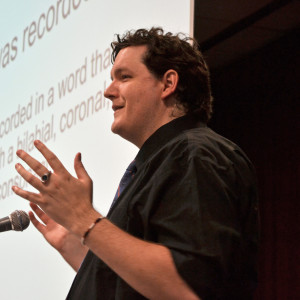 |
Conor McDonough QuinnSecretary
Dr. Quinn has researched Indigenous languages of the Americas and worked with their speech communities for decades. He has collaborated with the Penobscot community and is in the final stages of a Penobscot language dictionary project. He is proficient in a number of world languages, and he has worked as a linguist in the United States, Canada, and Oman. He currently teaches in the Department of Linguistics, University of Southern Maine. |
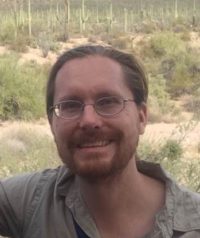 |
Edmundo LunaClerk
Dr. Luna specializes in Austronesian languages of western Indonesia, namely Balinese and Indonesian. His thesis focused on the interaction of established ritual language and “ritualized” language (via frequency and routinization) used in periodic meetings of the banjar, the smallest administrative sociopolitical unit in Bali. His current interests include the use of Balinese in online interaction, Balinese spelling reform, and general Balinese language advocacy, all of which he highlighted during his tenure as a Summer Scholar at the School for Advanced Research (SAR) in Santa Fe, NM, in 2011. Dr. Luna is a Visiting Associate Professor in the Department of English Language and Literature (Faculty of Humanities) at Kyushu University in Fukuoka, Japan. |
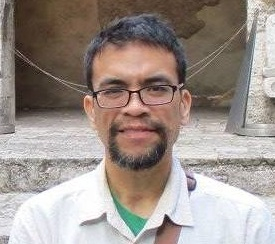 |
Nathan WhiteArchivist
Dr. White was an intern with WIELD while he was a graduate student, in which position he researched machine learning and other natural language processing (NLP) techniques for handling a fragmented Yokuts language variety. He completed a Ph.D. at James Cook University. His doctoral thesis was a grammar of White Hmong. For this doctoral project, he pursued a novel methodology that combined NLP-based data analytics and a multi-million-word corpus with fieldwork in the community. As part of his Ph.D., he also created the Hmong Medical Corpus, which includes an automated question-answering system developed through an approach designed to be replicable for other endangered languages. His ongoing work includes research in machine learning methods for NLP and linguistic analysis and creating artificial intelligence-based digital resources for the Hmong language. |
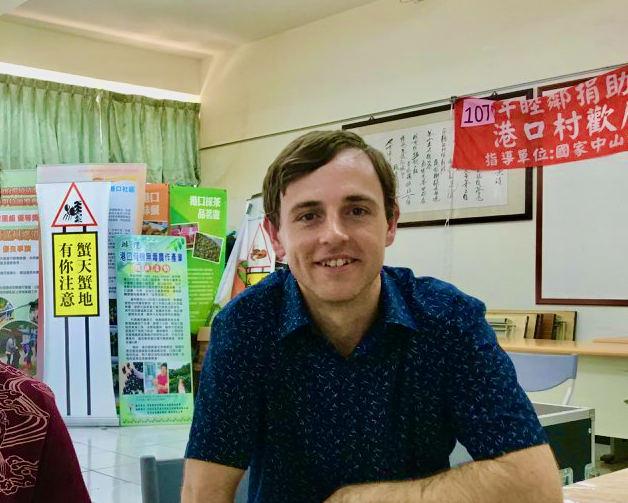 |
Associate Member-Consultants
Rebekka Siemens
- Ph.D. University of California, Santa Barbara
Thesis: “Guc̓a: An Account of the Phonetics, Phonotactics, and Lexical Suffixes of a Kʷak̓ʷala Dialect” - B.A. University of California, Lost Angeles
Dr. Siemens specializes in the phonetics and morpho-phonology of endangered languages, particularly indigenous North American languages. Her Masters project focused on the phonetics of tone in the Kaijue variety of Miao (Hmong) spoken in China. Subsequently, she studied tone phenomena in Mixteco Bajo with speakers in Santa Maria, California. For her doctoral thesis, she worked with the last several speakers of the Guc’a dialect of Kʷak̓ʷala, spoken on northern Vancouver Island in British Columbia, Canada, to document the phonetics and phonology of a grammatically salient set of lexical suffixes, investigating the relationship between lexicalization and phonetic reduction. Currently, she is working with elders from the Fort Bidwell Indian Community in Fort Bidwell, California on dual-purpose documentation, using recordings about local history and daily life to create materials the community can use for language and cultural revitalizaiton.
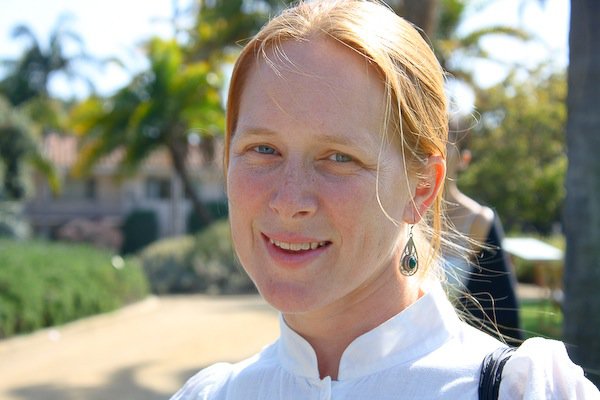
Carola Emkow
- Ph.D. La Trobe University, Melbourne
Thesis: “A Grammar of Araona: an Amazonian Language of Northwestern Bolivia” - M.A. Free University of Berlin
Dr. Emkow specializes in typological language analysis and language documentation, particularly of endangered languages. Her MA project focused on intensifiers and reflexives from a typological perspective, work which continued and expanded to include a typology of reciprocal constructions and multi-language database used at the Friedrich-Schiller-Universität, Jena. Her Ph.D. thesis, the first grammar of Araona, has been published recently as a bound edition with Lincom Europa. Her ethno-linguist project to document the language and culture of Bena Bena, an endangered Papuan language of Papua New Guinea, is archived on the DOBES research portal. Between fieldwork projects she has been a guest professor, and lecturer in linguistics giving seminars in all major fields of linguistics. Recent research endeavors include investigation of Mayan languages (participating in 3 research trips to Guatemala), the typology of Georgian, and comparative language studies of the Papuan languages of the Eastern Highlands of Papua New Guinea.

 orcid.org/0000-0001-5970-2494
orcid.org/0000-0001-5970-2494